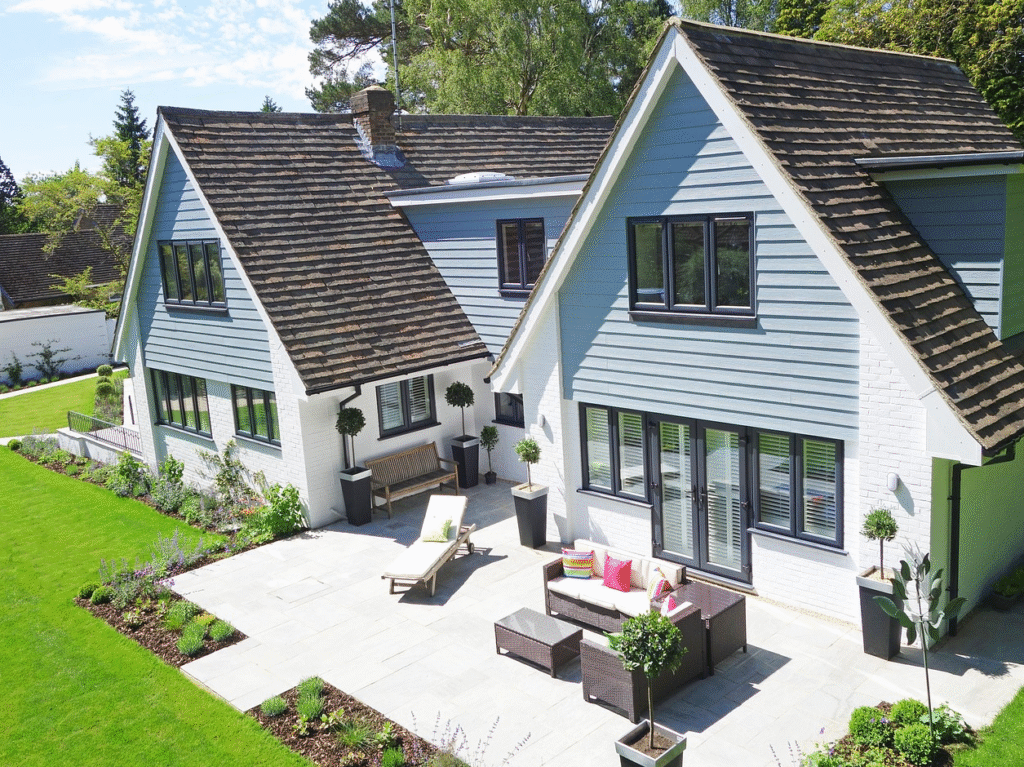
Plumbing and HVAC systems are crucial for comfort, hygiene, and functionality in properties. Neglecting them leads to excessive water consumption and energy waste. Sustainable maintenance is a strategic investment: it conserves resources, extends system lifespan, delays costly replacements, reduces landfill waste, and improves efficiency, leading to lower utility bills and reliable performance.
As environmental stewardship becomes urgent, prioritizing sustainable plumbing and HVAC care is essential for responsible property ownership, ensuring long-term system performance, optimized resource use, and a healthier planet. This contributes to a sustainable future.
Prioritizing Efficient Water Use in Plumbing Maintenance
Water conservation starts with proactive plumbing care. Routine inspections ensure that leaks, often hidden behind walls or beneath floors, are identified before they escalate into major issues. Even small drips can lead to significant water loss over time, affecting both the environment and household expenses. Professional maintenance teams focus on tightening connections, monitoring water pressure, and replacing aging pipes with more sustainable materials.
Sustainable plumbing also emphasizes the importance of maintaining fixtures that promote water efficiency. Aerators, low-flow faucets, and dual-flush toilets all contribute to reducing daily water consumption without compromising functionality. When these components are checked regularly, they continue to deliver optimal performance with minimal waste. The integration of such practices supports the broader goal of conserving water while ensuring the plumbing system remains dependable.
Managing Energy Consumption Through HVAC Care
The energy demands of heating, ventilation, and air conditioning systems can place a significant burden on both homeowners and the environment. Sustainable maintenance begins with routine cleaning and timely replacement of air filters. Dirty filters force systems to work harder, using more energy to achieve the same level of performance. Regular maintenance prevents this unnecessary strain, allowing systems to operate efficiently.
System components like coils and ductwork also require attention to maintain airflow and thermal balance. When airflow is restricted, the entire system becomes less efficient, resulting in higher energy consumption. Sustainable practices address these challenges by ensuring that airflow remains unobstructed and that the system functions within its designed capacity.
Scheduling seasonal inspections helps prepare HVAC systems for temperature shifts, improving their adaptability and reducing the likelihood of system overload. During these check-ups, technicians may also recommend system recalibrations to align with current environmental demands, further supporting energy-efficient operations.
Reducing Waste Through Responsible Material Management
Sustainability in plumbing and HVAC maintenance goes beyond day-to-day care. Responsible management of materials during repairs or upgrades is a significant part of reducing waste. Choosing long-lasting, recyclable, or environmentally friendly components ensures that system updates contribute to sustainability rather than resource depletion.
When parts need replacing, professionals who emphasize sustainability may prioritize sourcing materials with lower environmental footprints. Using durable piping and energy-efficient HVAC units minimizes the frequency of replacements and reduces the amount of waste entering landfills.
Additionally, safe disposal of old parts and hazardous substances like refrigerants plays a crucial role in maintaining environmental safety. By following disposal guidelines and recycling programs, homeowners and service providers contribute to minimizing harmful impacts on local ecosystems.
Integrating Preventive Care to Support System Longevity
Preventive maintenance supports sustainability by extending the life of plumbing and HVAC systems. Consistent care reduces the likelihood of emergency repairs, which often require rapid replacements and temporary solutions that may not prioritize sustainability. A well-maintained system operates closer to its original energy efficiency levels, conserving resources over time.
An excellent example of how regular, preventative maintenance can make a noticeable difference is found in the services offered by Fast Lane Plumbing. Emphasizing timely inspections, leak detection, and system balancing, these services contribute to sustainable water usage and efficient system operations. While specific companies may have different approaches, the principle of responsible, forward-thinking maintenance is universally applicable.
For HVAC systems, preventive care can mean consistent air conditioning performance across seasons, reducing the chances of sudden breakdowns that strain both the environment and personal finances. Reliable HVAC service focuses on this kind of forward-looking maintenance, ensuring that energy-efficient operations are a continual priority rather than an occasional concern.
Encouraging Sustainable Mindsets in Home and Commercial Spaces
Sustainable maintenance also involves adopting a mindset that values long-term care over short-term fixes. Educating homeowners and property managers on the benefits of sustainable practices encourages the adoption of habits that support system longevity. Simple behaviors, such as adjusting thermostats seasonally or promptly addressing minor leaks, reinforce a culture of proactive care.
Commercial properties stand at a crucial juncture, holding the potential to significantly impact global sustainability efforts. Beyond the immediate benefits of operational efficiency and cost savings, integrating sustainable practices into plumbing and HVAC maintenance cultivates a profound sense of stewardship for vital shared resources.
This commitment not only enhances system performance and longevity but also contributes meaningfully to a larger collective endeavor: the conservation of water and energy for the prosperity of future generations.
The Synergistic Benefits of Coordinated Maintenance
For commercial properties aiming for sustainability, a key strategy is to implement unified inspection and maintenance schedules for plumbing and HVAC systems. This integrated approach offers numerous advantages.
Ultimately, the drive toward sustainable maintenance in commercial properties transcends mere operational efficiencies; it embodies a deeper commitment to environmental responsibility. By consciously choosing to prioritize these practices, property owners and managers actively participate in a global movement to safeguard our planet’s vital resources. It cultivates a sense of stewardship—a recognition of our responsibility to manage and safeguard shared resources for the benefit of everyone, including future generations.
This commitment extends beyond the tangible benefits of reduced emissions and resource consumption. It also projects a positive image to tenants, employees, and the broader community, demonstrating a dedication to corporate social responsibility. In an increasingly environmentally conscious world, sustainable practices are not just good for the planet; they are also good for business.
By embracing these principles, commercial properties can become beacons of sustainability, inspiring others to adopt similar responsible practices and contributing to a healthier, more sustainable future for all.




